Mario Fratti's Six Passionate Women
“What makes this production of Six Passionate Women special are the actors,” playwright Mario Fratti explains to i-italy as his award winning play is being performed at the Theater for the New City. “This time we picked veterans hailing from Broadway who are able to get to know the characters better. The quality of acting is higher, more professional.”
And the actors Fratti is talking about are Dennis Parlato, in the role of Nino (“A Chorus Line,” “Sound of Music); Donna Vivino (“Les Miserables”); Ellen Barber (“Fame”); Colleen Sexton (“Jekyll and Hyde), Line Rettmer, Carlotta Brentan and Giulia Bisinella.
“When I am preparing a show I always follow the same method,” Fratti explained. “I chose the actor and then I let them “play with the play.” I let them get to know each other and get familiar with the text. I basically set them free, they can do whatever they want... until the last week of rehearsal. That's when I go in, see what they've come up with and correct all the mistakes. I don't want to disturb but I also want to have my say.”
Nevertheless, Fratti is not the director of the show, he's the playwright, the director is Stephan Morrow, and he wrote Six Passionate Women inspired by his personal acquaintance with Federico Fellini, whom he covered closely as a journalist in the 1950s.
Nino is an Italian filmmaker who is facing an artistic crisis. “Every new work is, for him, an artistic crisis. So he goes to bed with a multitude of women, seeking ideas and stimulation, feeding on them both humanly and artistically. Nino is sexually impotent until he gets a good idea, and then he's hellfire. But his sexual partners all artists in their own right, are not satisfied. Rallied by a wealthy feminist American widow, they decide that to be a muse is to be exploited. So they get revenge by making a movie on Nino's life and fantasies, Candid-Camera style.”
“I always say, and there is a line in the play that says so, that a man needs many women,” Fratti confessed, “He needs a mother, a sister, a daughter and a lover.” Only one lover? “Let's say only one,” he joked. “There is a lot in the play that is autobiographic, but I would not point it out.”
Fratti has indeed admitted that the play is all Fellini but there's a measure of autobiography with every playwright. Between 1957 and 1959, working as a journalist, he covered Fellini's rehearsals and observed his relationships with his actors, including the palpable measure of hostility and resentment there. “This is where I got my idea of writing a revenge play, in which a group of women who feel exploited rise up against this director figure. They are in juxtaposition with the director's co-writer, a man, who also is deserving of revenge but he is unable to act upon it. In my plays women most often prevail in the battle of the sexes.”
“The women of this play,” director Stephan Morrow said, “remind me of “Les Liasons Dangereuses.” They're all going for the jugular – they are the new aristocracy – but without the shadow of the guillotine in the background.”
“These women are passionate,” Fratti added “The word passionate comes from the Latin verb patire, which means to suffer. The point is strongly made that creation is always a group effort, that creativity an sexual potency are closely linked in the creative process and that Fellini's genius was completely dependent upon preying on the women around him. In this production, the women rise up against this type of creative misappropriation.”
Fellini and Six Passionate Women, were the inspiration of another work by Fratti, an adaptation of the film 8 ½, that evolved into the Broadway musical Nine (winner of five Tony Awards and eight Drama Desk awards). Book by Mario Fratti, music and lyrics by Maury Yeston, Nine was in the works for almost seven years. “Ed Kleban (A Chorus Line) saw Six Passionate Women at the Actor's Studio and suggested a musical. He introduced me to young Yeston and we decided to work together on the musical “Nights with Guido.” I chose the name Guido Contini, and he was enthusiastic about the fact that the name I invented was a combination of Visconti and Fellini. We were rejected by many producers, and we went through many rewrites but in the end we made it.”






























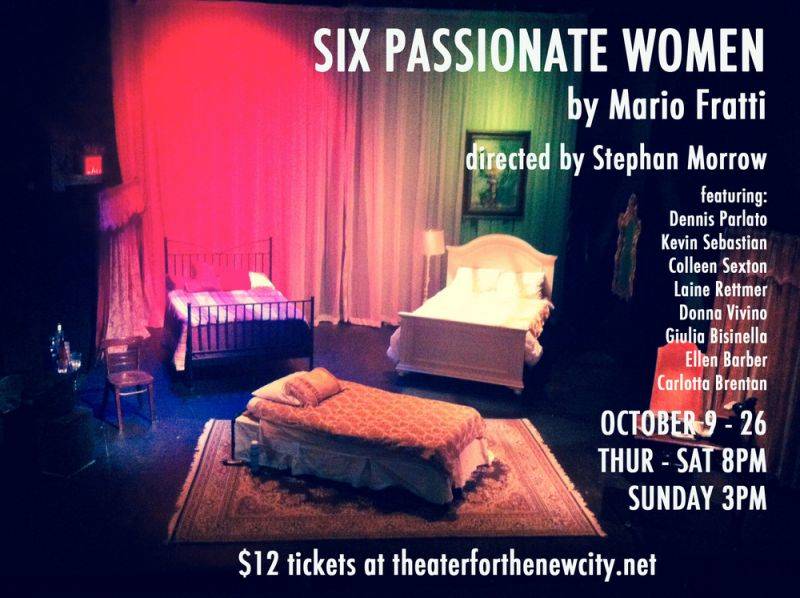
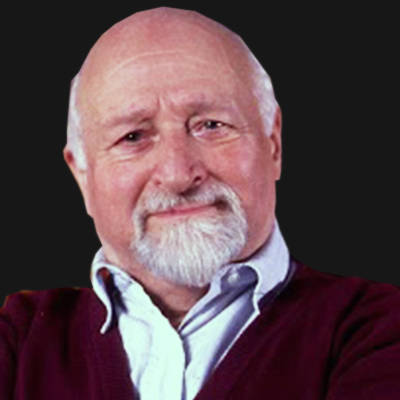
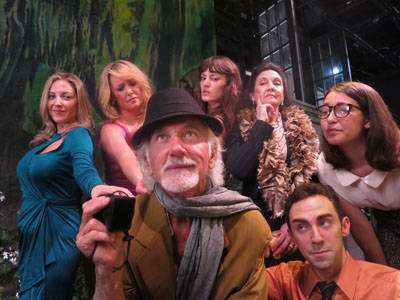
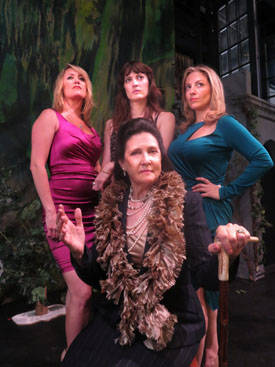
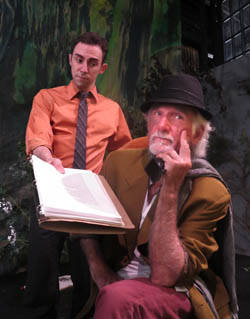



i-Italy
Facebook
Google+
This work may not be reproduced, in whole or in part, without prior written permission.
Questo lavoro non può essere riprodotto, in tutto o in parte, senza permesso scritto.